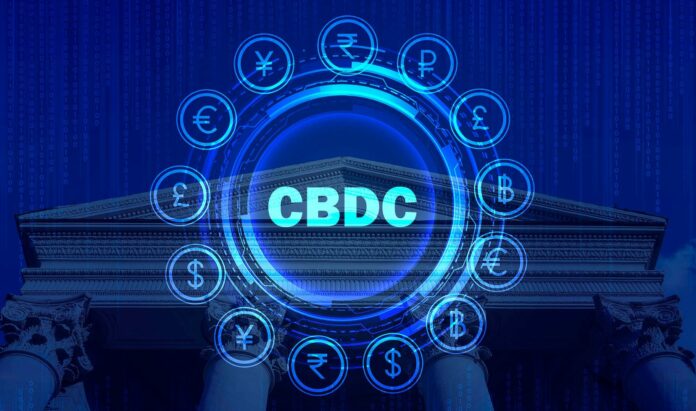RBI’s CBDC – Central Bank Digital currency is a legal tender like our banknotes issued in virtual or digital form. It can be exchanged with fiat currency on a one-to-one basis.
The money that we use today for daily transactions, is issued by the RBI. We have a centralized currency system controlled by the central bank and operated under the law framed by the government.
RBI is the issuer of all currency notes and coins. RBI has the right to print money and give it to people. People hold the money without asking for any interest in it. In the case of banks, the RBI issues bonds and banks, give money to the RBI, on which they receive interest from the RBI.
In the case of cash, RBI does not have any information about money held by a person, making interest distribution impossible. But when it comes to CBDC, each wallet holder’s details will be known by the RBI, which makes the distribution of interest feasible.
The RBI is grasping the importance of blockchain and distributed technology in the financial system, which solves the complicated import-export settlement, less dependency on intermediaries and the US Federal system for international transactions, bringing down the remittance charge to almost zero.
Now, one needs to note that cryptocurrency and CBDC are not the same.
Cryptocurrency like Bitcoin is created from a mining process by solving a mathematical problem. It is a decentralized system that is not a legal tender of money in India. So, CBDC is not a cryptocurrency; it will just be in digital form.
CBDC can be used for day to day transactions, without having any intermediaries like a bank. The settlement risk will reduce, the transacting will take place on a platform like UPI.
If you want to send money to your friend in the US, the transfer will be at a token level and not at account level. It is like transferring money, through WhatsApp, which is encrypted. The transfer will have a monetary value and will not be recorded by the banks. Thus US Federal and intermediaries will have no role to play in the whole transaction.
Currently, the RBI is working on resolving some issues:
- Scope – whether CBDC should be for retail or wholesale payments.
- Underlying technology – whether the technology choice should depend upon the use of CBDC.
- Validation –should it be token-based or account-based.
- Degree of confidentiality.
- Distribution – whether it should be issued by the RBI or banks.
CBDC has a token mechanism and is centralized. If RBI comes up with it, CBDC can boost the entire financial system.
Follow and connect with us on Facebook, LinkedIn & Twitter

